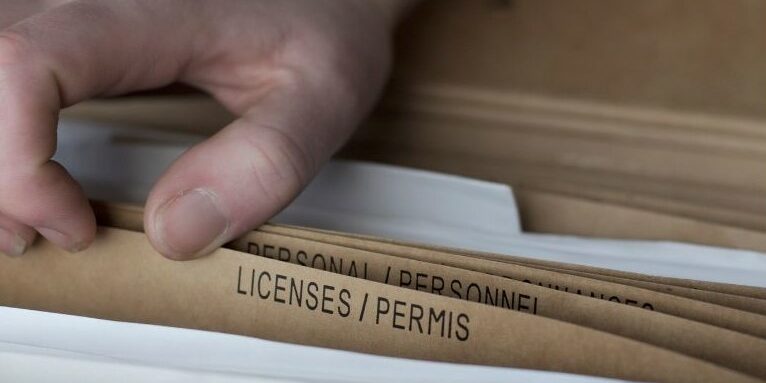In September 2020, the South Carolina General Assembly passed Act No. 176 (“Act”), which created Business License Tax Standardization across the state, effective January 1, 2022.
This Act establishes that all local business licenses must be issued for the same 12-month period across the state, expiring April 30 of every year, with license renewals due May 1 of the expiring year. Licenses are renewed when the business license tax is paid, generally based on gross receipts of the previous calendar year or, for new businesses, based on the projected gross receipts for the remainder of the current year. The legislation specifically defines what is included in gross receipts. Generally, sellers with a physical location in the jurisdiction pay the tax based on gross receipts sold from that location while remote sellers pay the tax to the localities their products are shipped into.
The business class schedule will also be standardized across the state. Annually, the Municipal Association of South Carolina (“MASC”) will be responsible for recommending a standardized business license class schedule to the state’s Fiscal Affairs Office. Upon approval of the schedule, taxing jurisdictions must adopt the schedule by local ordinance. The schedule will be based on the latest NAICS business classification codes and will take into consideration the latest available IRS statistics for profitability of businesses.
Additionally, the Act requires all jurisdictions to adopt a standard business license application form, as well as provisions for the state to develop a statewide business license tax portal. The new statewide business license portal has not yet been unveiled. However, it will allow taxpayers to submit renewal applications and payment for all South Carolina licenses through one centralized site. Taxpayers will not be required to use the site and can continue to file license renewals directly through the taxing jurisdiction via paper forms, over the phone, or in person.
Taxing jurisdictions will maintain the right to hire third parties to aid in identifying and collecting outstanding business license taxes. The Act prohibits data collected via the state’s online business license filing system from being shared with third parties, gives taxpayers the right to decline to speak with third parties, and provides additional limitations to what third-parties entities can and cannot do.
Other key points in the legislation include some exemptions for (some) wholesalers and not-for-profits, general guidelines for taxpayers to request refunds or appeal assessments, and limitations to what third-party organizations can do.
Whether it’s completely outsourcing your business license function or implementing our SmartLicense (now AkuLicense) business license management solution at your company, Clarus Partners can address all of your business license needs. Please call us at (614) 362-2730 to discuss how we can help.
By Deirdra DiVittis

